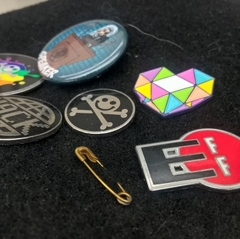AI Created images (generated by Midjourney) lose registered copyrights
-
Featured Topics
-
Topics
-
0
-
Shadow1789 ·
Posted in Cooling3 -
7
-
1
-
0
-
4
-
5
-
3
-
INotPablo ·
Posted in CPUs, Motherboards, and Memory9 -
Marie Rose ·
Posted in Cases and Mods6
-



















Create an account or sign in to comment
You need to be a member in order to leave a comment
Create an account
Sign up for a new account in our community. It's easy!
Register a new accountSign in
Already have an account? Sign in here.
Sign In Now